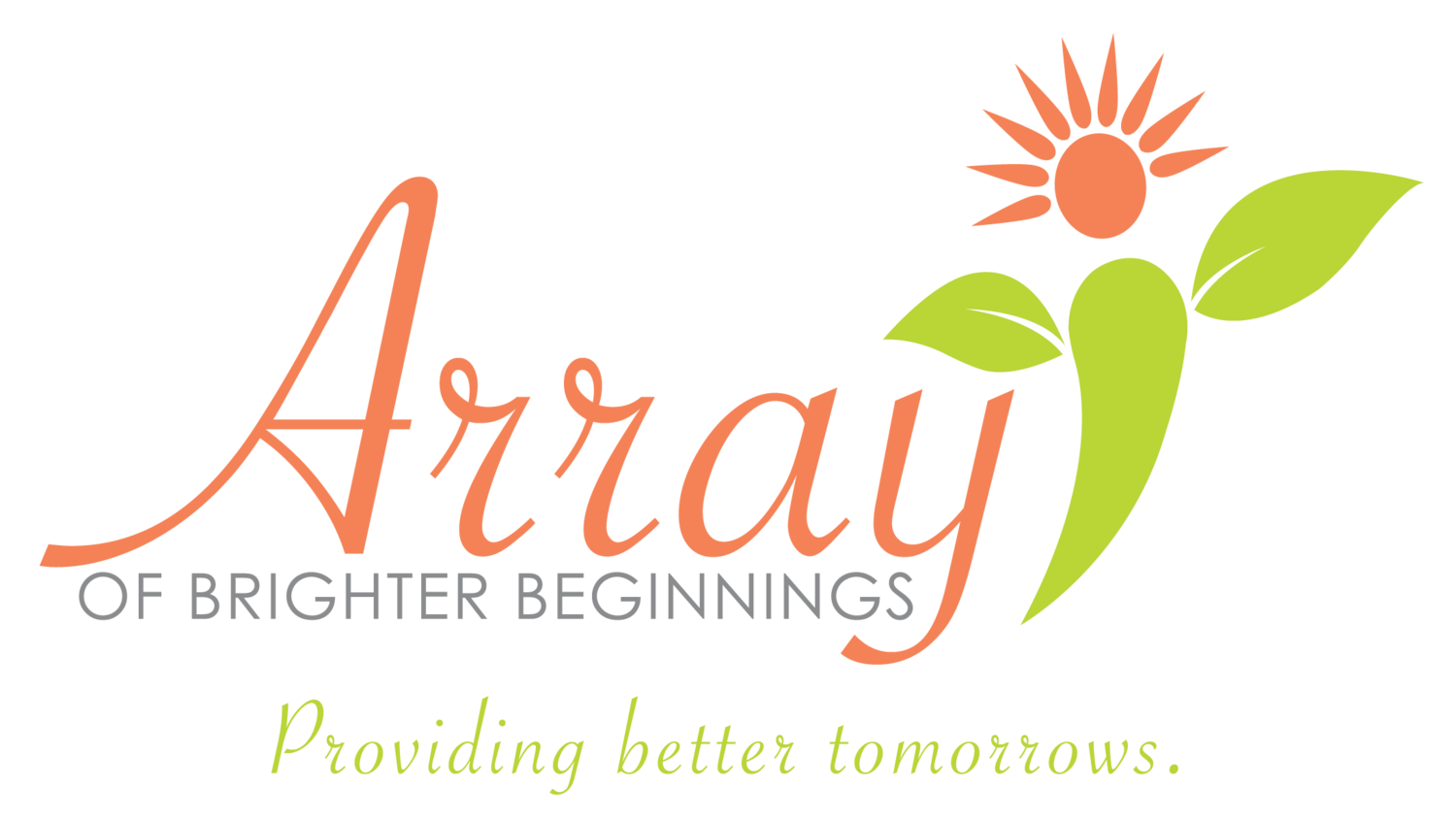Post-traumatic stress disorder (PTSD) is a mental health condition that's triggered by a terrifying event — either experiencing it or witnessing it. Symptoms may include flashbacks, nightmares and severe anxiety, as well as uncontrollable thoughts about the event.
Most people who go through traumatic events may have temporary difficulty adjusting and coping, but with time and good self-care, they usually get better. If the symptoms get worse, last for months or even years, and interfere with your day-to-day functioning, you may have PTSD.
PTSD symptoms are generally grouped into four types: intrusive memories, avoidance, negative changes in thinking and mood, and changes in physical and emotional reactions. Symptoms can vary over time or vary from person to person.
Intrusive memories
Symptoms of intrusive memories may include:
- Recurrent, unwanted distressing memories of the traumatic event
- Reliving the traumatic event as if it were happening again (flashbacks)
- Upsetting dreams or nightmares about the traumatic event
- Severe emotional distress or physical reactions to something that reminds you of the traumatic event
Avoidance
Symptoms of avoidance may include:
- Trying to avoid thinking or talking about the traumatic event
- Avoiding places, activities or people that remind you of the traumatic event
Negative changes in thinking and mood
Symptoms of negative changes in thinking and mood may include:
- Negative thoughts about yourself, other people or the world
- Hopelessness about the future
- Memory problems, including not remembering important aspects of the traumatic event
- Difficulty maintaining close relationships
- Feeling detached from family and friends
- Lack of interest in activities you once enjoyed
- Difficulty experiencing positive emotions
- Feeling emotionally numb
Changes in physical and emotional reactions
Symptoms of changes in physical and emotional reactions (also called arousal symptoms) may include:
- Being easily startled or frightened
- Always being on guard for danger
- Self-destructive behavior, such as drinking too much or driving too fast
- Trouble sleeping
- Trouble concentrating
- Irritability, angry outbursts or aggressive behavior
- Overwhelming guilt or shame
Treatment
Psychotherapy
Several types of psychotherapy, also called talk therapy, may be used to treat children and adults with PTSD. Some types of psychotherapy used in PTSD treatment include:
- Cognitive therapy. This type of talk therapy helps you recognize the ways of thinking (cognitive patterns) that are keeping you stuck — for example, negative beliefs about yourself and the risk of traumatic things happening again. For PTSD, cognitive therapy often is used along with exposure therapy.
- Exposure therapy. This behavioral therapy helps you safely face both situations and memories that you find frightening so that you can learn to cope with them effectively. Exposure therapy can be particularly helpful for flashbacks and nightmares. One approach uses virtual reality programs that allow you to re-enter the setting in which you experienced trauma.
- Eye movement desensitization and reprocessing (EMDR). EMDR combines exposure therapy with a series of guided eye movements that help you process traumatic memories and change how you react to them.
Your therapist can help you develop stress management skills to help you better handle stressful situations and cope with stress in your life.
All these approaches can help you gain control of lasting fear after a traumatic event. You and your mental health professional can discuss what type of therapy or combination of therapies may best meet your needs.
You may try individual therapy, group therapy or both. Group therapy can offer a way to connect with others going through similar experiences.

